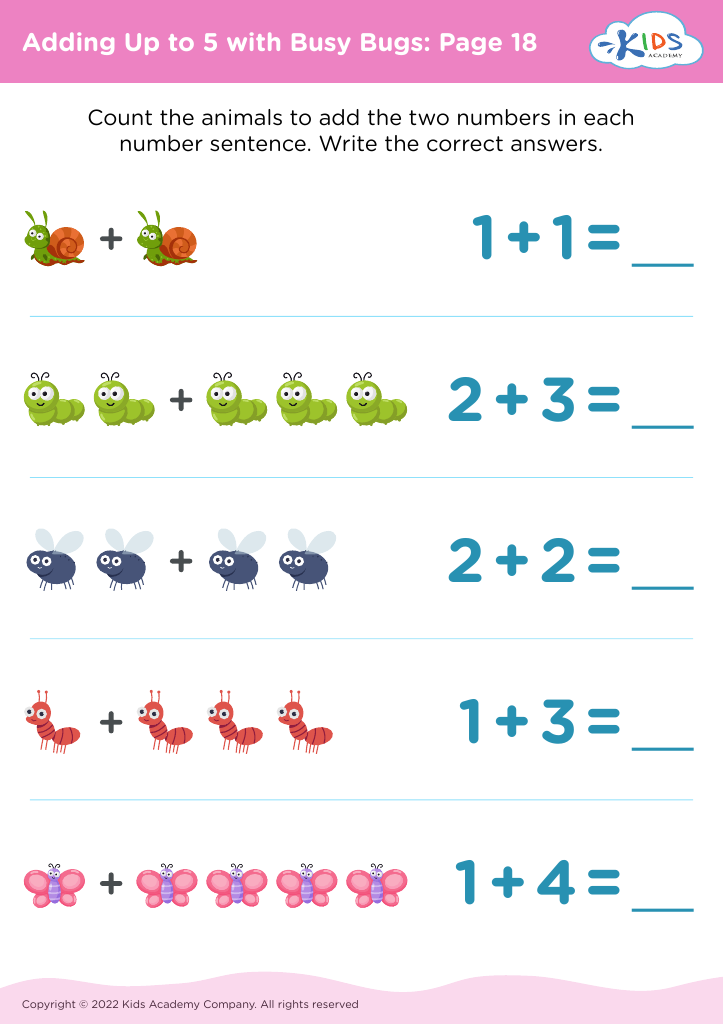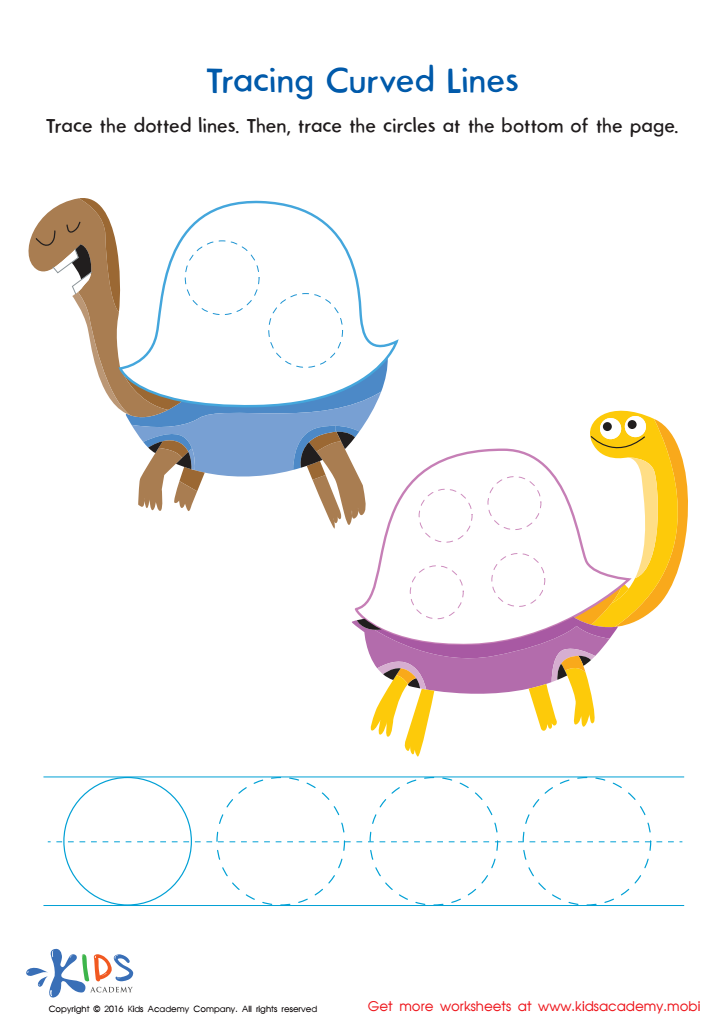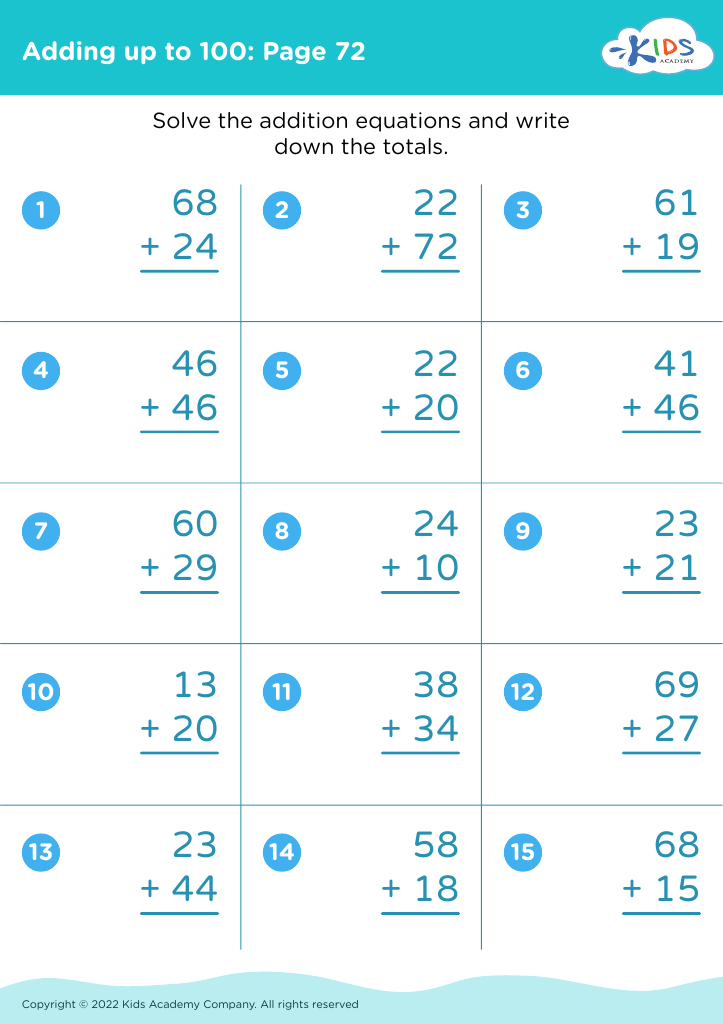Enhance fine motor skills Math Worksheets for Ages 4-9
5 filtered results
-
From - To
Unlock your child's potential with our "Enhance Fine Motor Skills Math Worksheets for Ages 4-9"! Specifically designed to blend crucial math concepts with engaging activities, these worksheets promote fine motor skills development through cutting, tracing, and drawing. Perfect for young learners, these printable resources make learning math fun and interactive. Our expertly crafted exercises help kids effortlessly build hand-eye coordination, finger strength, and pincer grasp while mastering essential math skills. Ideal for both classroom and home use, empower your little ones to succeed confidently in their academic journey with our comprehensive collection. Start today at Kids Academy!
Enhancing fine motor skills in math for children aged 4-9 is crucial as it lays the foundation for both cognitive and physical development. Fine motor skills involve the coordination of small muscles, especially those in the hands and fingers, which are essential for tasks such as writing, drawing, and using small tools. When these skills are integrated with math activities, they provide dual benefits: improving mathematical understanding and refining motor control.
Children at this age transitioning through significant developmental milestones; blending tactile and kinesthetic learning strategies helps solidify abstract mathematical concepts. For instance, manipulating counters or shapes for counting, sorting, and patterning enhances one's grasp of numbers and spatial reasoning while concurrently refining hand-eye coordination.
Moreover, improved fine motor skills contribute to better handwriting and the ability to perform precise manual tasks, which directly impacts academic performance. Early mastery in math fosters confidence and reduces anxiety toward the subject, setting the child on a path to ongoing academic achievement.
Investing in developing these skills not only aids in mathematical proficiency but also encourages independence in various daily activities. By promoting fine motor skills through enriching, hands-on math experiences, parents and teachers equip children with both the cognitive and motor tools necessary for holistic growth, resulting in well-rounded, capable individuals.





 Assign to My Students
Assign to My Students





















